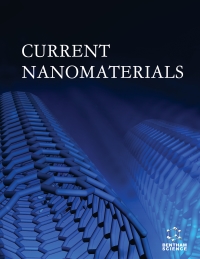
Full text loading...

Polymeric nanoparticles (PNPs) have emerged as promising drug delivery systems to overcome the limitations of conventional chemotherapeutics. Capecitabine, a prodrug of 5-fluorouracil (5-FU), is widely used in cancer therapy but suffers from poor bioavailability and systemic toxicity. The application of the Quality by Design (QbD) framework in PNP development provides a structured approach to address these challenges. This review examines the QbD principles in the formulation and optimization of capecitabine-loaded PNPs, focusing on strategies to enhance therapeutic efficacy and minimize adverse effects.
The QbD approach encompasses defining a Quality Target Product Profile (QTPP), identifying Critical Quality Attributes (CQAs), and conducting risk assessments to pinpoint Critical Material Attributes (CMAs) and Critical Process Parameters (CPPs). Techniques such as Design of Experiments (DoE) facilitate systematic optimization.
Incorporating QbD principles ensures the development of robust PNP formulations with improved encapsulation efficiency, controlled drug release, and targeted delivery. Studies highlight the use of biodegradable polymers like PLGA, chitosan, and PEG for superior biocompatibility and stability. Analytical methods validate the consistency and quality of the nanoparticles.
The QbD framework enables the rational design of capecitabine-loaded PNPs with enhanced bioavailability and reduced toxicity, contributing to safer and more effective cancer treatments. Future research should explore novel polymeric systems and advanced manufacturing technologies to expand the therapeutic potential of PNPs in oncology.

Article metrics loading...

Full text loading...
References


Data & Media loading...